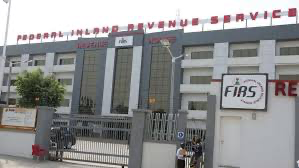A new development plan has been reached by the World Bank and the African Development Bank to support 300 million people in Africa with electricity access by 2030.
The World Bank online Media Center on Thursday made this known in a statement that was confirmed by the News Agency of Nigeria.
The statement reads that the World Bank is ready to connect 250 million Africans to electricity through the distribution of a renewable energy source.
Also, an additional 50 million people would be supported through the Africa Development Bank, which will improve access to electricity in the involved African nation.
The two leading world economic organizations believed access to electricity is part of fundamental human rights and is a basic ground of economic development of any nation.
Currently, over 600 million Africans lack access to electricity, creating significant barriers to health care, education, productivity, digital inclusivity, and ultimately job creation.
The partnership is to proffer solutions to the most challenging issues facing African nations with many African countries struggling with the generation of electricity.
Ajay Banga, the president of the World Bank Group while addressing the press said “Electricity access is the bedrock of all development and it’s one of the critical ingredients for economic growth and essential for job creation at scale.”
This initiative is the most recent manifestation of the WBG’s commitment to become more impact-oriented and is the byproduct of a concerted work plan to build a better bank.
Furthermore, the president of the WBG claims the new aspiration can only be achieved with partnership and ambition, also with a good policy from governments, financing from multilateral development banks, and private sector investment.
The World Bank Group estimates the connection of over 250 million people, which requires 30 billion dollars of public investment to improve the low-income countries in terms of electricity generation.
However, in addition to its commitment the WBG urges the governments of African nations that will benefit from this collaboration should put policies in place to attract private investment and reform their utilities so they are financially sound and efficient with tariff mechanisms that protect the poor.
Substantial opportunities for private investment in the areas of grid connection and renewable power production to power economic growth.
The assumed collaboration would open private sector investment opportunities in the distribution of renewable energy with an estimated nine billion dollars benchmark.









